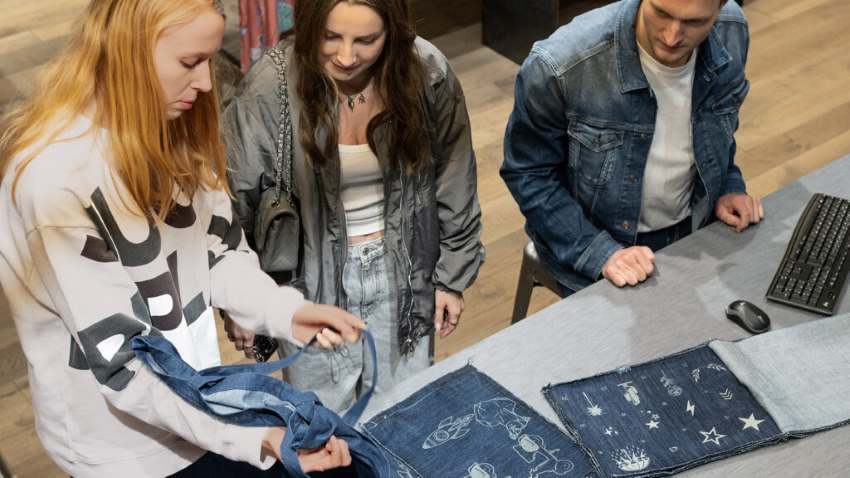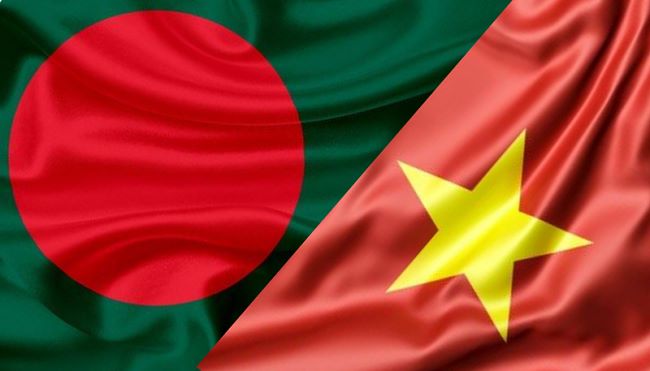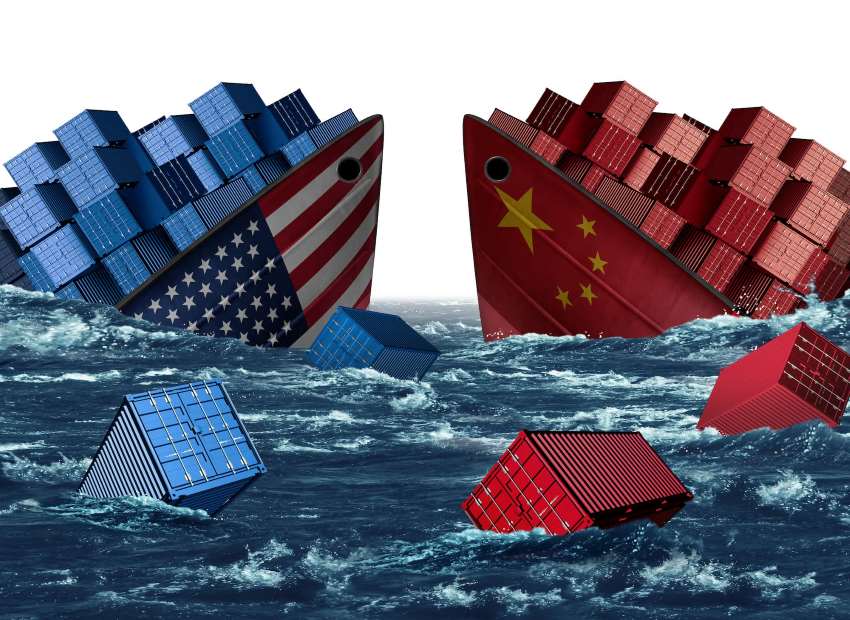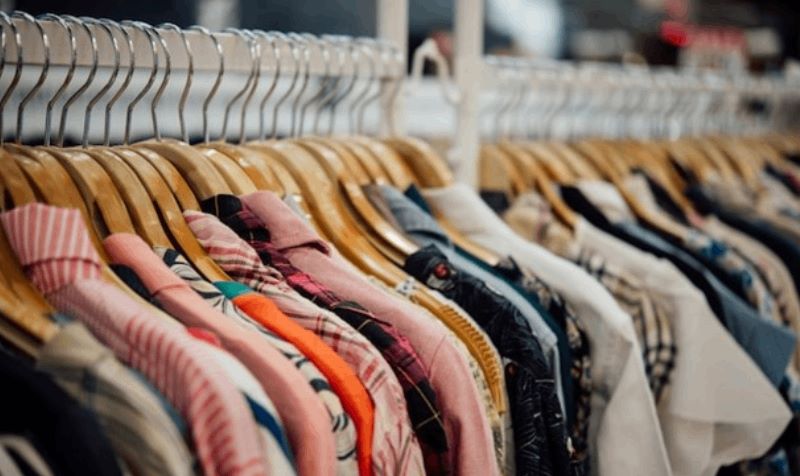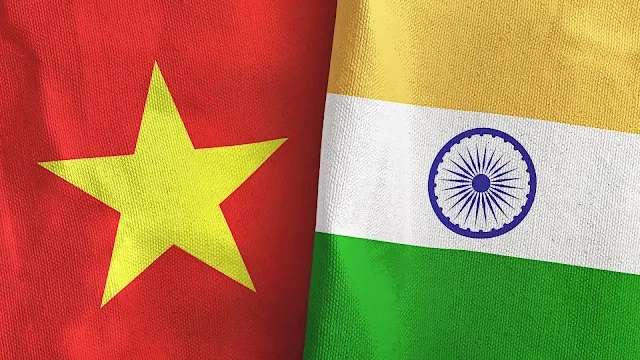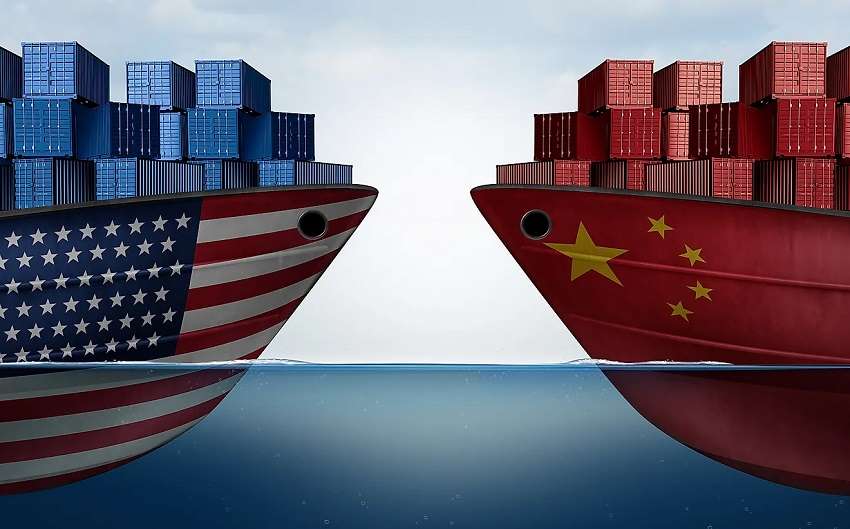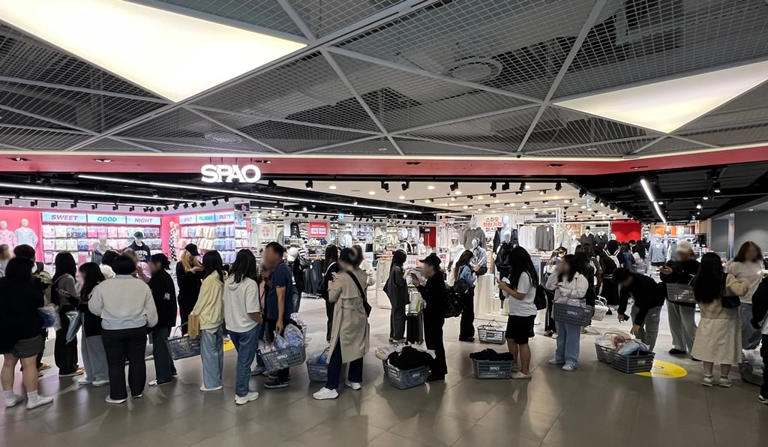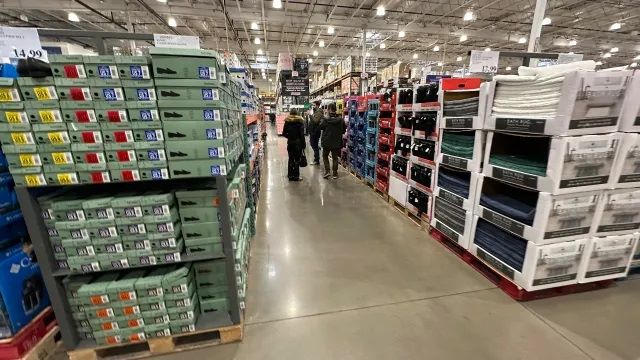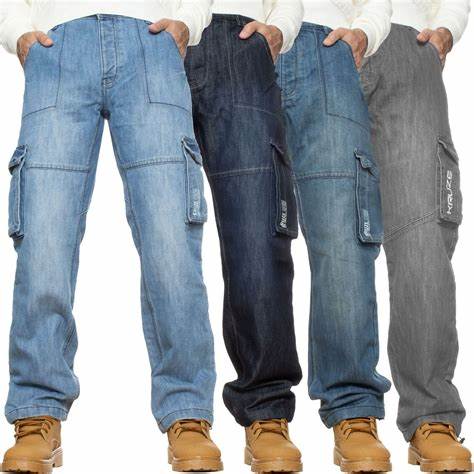FW
"Ethiopia has many positives from a stable and peaceful political environment, affordable electricity to cheap labour. Entry-level salaries for workers in Ethiopia's textile industry range from $35 to $40 a month, lower than Bangladesh's minimum wage of $68 per month and far below the average wage of $500 in the China. Ethiopia doesn't follow any minimum wage rule, hence, workers are often willing to work for whatever wage they are offered."

While on one hand, low wages, cheap power and a stable political situation are posing as lucrative reasons for foreign textile companies like H&M to move its sourcing needs to Ethiopia, experts warn that extremely low wages could trigger protests, where workers continue to struggle to make a daily living.
Positive factors lure western buyers to Ethiopia
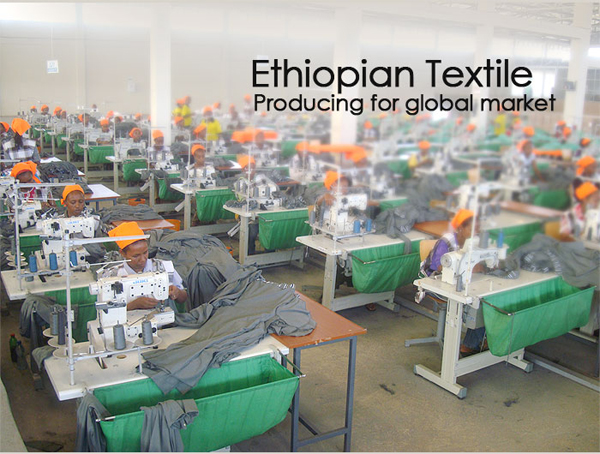
Ethiopia has many positives from a stable and peaceful political environment, affordable electricity to cheap labour. Entry-level salaries for workers in Ethiopia's textile industry range from $35 to $40 a month, lower than Bangladesh's minimum wage of $68 per month and far below the average wage of $500 in the China. Ethiopia doesn't follow any minimum wage rule, hence, workers are often willing to work for whatever wage they are offered.
With global brands shifting their attention to Africa for their sourcing requirements, and Africa being a major cotton producer is one of the few places in the world, where garment makers can establish the entire supply chain from fibre to fabric in one location. Unlike Bangladesh, African countries also have duty-free access to the US market under the African Growth and Opportunity Act (Agoa). Both jurisdictions have duty-free access to the EU, so African countries still tend to be outcompeted there.
With the help of global brands and government, Africa can look into resolving the challenges and emerge a strong sourcing destination, before it faces Bangladesh-like situation.
Minimum wages still a concern
While rising foreign investments in the country have brought hopes to the Ethiopian industry since it means more jobs, extremely poor wages are forcing workers to make ends meet. For instance a shoe factory in Duken, about a half hour drive from the Debre Zeyit garment plant, run by Chinese company Huajian employs around 3,800 Ethiopian men and women. Shoes made at this plant are supplied to big brands such as Guess, Naturalizer and Toms but basic salary of an employee is just 600 birr of €26 for working eight hours and when worked for 10 hours, the pay increases by mere €6.
On the other hand, workers also lack skill-sets required to create a quality product. The Huajian company, founded in China in the 1980s by former military officer Zhang Huarong also follows a military drill to motivate its staff. However, employees already tired of doing daily chores like fetching water from long distance do not really enjoy more physical exercise at work.
Also around 75 per cent of all Ethiopian companies still refuse to permit trade unions, which companies fear would lead to protests and bargaining for higher minimum wages and other benefits. However German clients like Tchibo have been putting pressure on the company working for them in Ethiopia to increase the minimum wages, which led to the factory offering 25 per cent rise. Now industry players expect more companies like H&M to put pressure on Ethiopian factories to raise salaries.
www.hm.com
The government is looking to inject new life into the jute industry by diversifying into new avenues to promote the use of jute bags. These include a range of products like waste paper baskets, folders and laptop bags to molded items. Children’s school bags can be made of jute. An important characteristic of jute is that it absorbs and retains moisture. This makes it very effective to be used for the construction of roads.
India accounts for an estimated 70 per cent of the world’s total production of jute products. Over 90 mills are currently operational, 67 in West Bengal alone. The rest are in Bihar, Assam, Tripura, Uttar Pradesh and Andhra Pradesh. The industry supports about 40 lakh farmers and 3.7 lakh jute laborers.
Unrest is growing among jute producing farmers and mill workers. However, the industry’s overdependence on government orders is considered to be a major factor behind the current state of affairs. The government buys jute sacks worth Rs 5,000 crores a year for the packaging of food grains and sugar.
Large scale imports from Bangladesh, which offers a 10 per cent subsidy on domestic jute products and huge funding to its mills and exporters, have added to the stress.
Momad Metrópolis will be held in Spain from February 5 to 7, 2016. This is an international fashion fair for clothing brands. The event has become the largest fashion fair for apparel brands in the Iberian peninsula, with its September edition recording a turnout of 17,000 visitors. The event showcases products like apparel and clothing, textiles, fabrics and yarns.
Exhibitors would include companies and decision makers through the fashion, clothing and design markets such as manufacturers, wholesalers and importers. Attracting exhibitors mainly from Spain, Portugal, France and Italy, it is an important meeting place for retailers and buyers. The event’s organisers expect to reach 800 brands and exhibitors and international buyers from 70 countries. Already confirmed labels include: Roberto Verino, Simorra, Mathilde Cano, Coronel Tapioca, Almatrichi, NKN, Tiffosi and Alba Conde.
The trade show’s organising body, IFEMA, has set up a team of experts, who are scouting for exciting designers across Spain with the goal of bolstering its value as a major meeting space in the Spanish fashion industry. Next year, the show will also feature a Winter Terras area, where entertainment activities will take place organised by some of the exhibitors. Additionally Momad Metrópolis is launching a Retail Forum with talks and discussion panels around a number of topics.
www.ifema.es/momadmetropolis_06/
The 13th edition of Techtextil North America, and the third edition of Texprocess Americas will be held from May 3-5, 2016 at the Gerorgia World Congress Center in Atlanta. JEC Americas will once again be co-located on the same show floor, to provide a dynamic synergy creating the largest technical textiles, nonwovens, textile machinery, composites, sewn products and equipment trade show in the US.
Techtextil North America, Texprocess Americas and the co-location of JEC Americas are expected to draw visitors from top industry executives, buyers, engineers, technical directors, plant managers, product development managers, media and more. The 2014 three in one event hosted 759 exhibitors from 29 countries attracting over 9,000 visitors.
With exhibitors from around the world, the event will bring decision makers from all of the major industries that touch technical textiles, sewn products, equipment, technology and composites together in one place to experience the latest in innovation. Many new country pavilions are expected to be on the show floor this year. Countries include Turkey, Pakistan, Taiwan and Belgium. Visitors can expect to see returning pavilions from Italy, Portugal, China, Germany and Supply Chain USA.
During Techtextil North America and Texprocess Americas exhibitors will have the opportunity to present to the press new and innovative products or technologies they have produced. Visitors can once again also expect a symposium held concurrently with the show floor. For three days over 100 speakers will present during Techtextil North America and Texprocess Americas. A must visit show floor attraction is the annual Graduate Student Poster Program Posters. Graduate students from around the world will have a platform to share their research findings with peers and potential employers/sponsors.
SEAMS Association will once again organise the Supply Chain USA Pavilion. Dedicated to promoting sound economic growth for the US sewn products companies, the not-for-profit organization supports the industry through various measures which includes attending important international trade shows. In 2014 the Pavilion supported by SEAMS hosted 34 exhibiting companies.
www.techtextilna.com
Garment factories in Myanmar are expected to benefit from the United States' decision to ease trade restrictions with the country. Players are of the opinion that it would not only give a thrust to exports to the US but also strengthen domestic industries.
In 2014, Myanmar-US trade value stood at $185.6 million (Bt6.67 billion), with Myanmar exports valued at $92.7 million, according to the US Department of Commerce. In the first 10 months of this year, exports to the US rose to $116.7 million, along with an increase in bilateral trade value to $306.1 million. The US put a lid on Myanmar imports in 2004. The activity resumed only in 2013, with goods valued at $19.9 million shipped to the US. Myanmar exported $1.56 billion worth of garment products in 2014, according to the Myanmar Garment Manufacturers Association, which expects the value to hit $2 billion this year from just over $900 million in 2012. According to the association, GAP is a pioneering US company to source "Made in Myanmar" garments. Others are H&M, Primark and Adidas.
Now the industry experts are looking forward to the US lifting all economic sanctions and GSP-like status is offered to the country like the EU, which will prove to be the major push to expand its business in the foreign countries.
According to the industry insiders, Welspun Group has decided to hive off its yarn-spinning business into a separate entity called Welspun Syntex, which will be managed by cofounder Rajesh Mandawewala's elder son Abhishek. Mandawewala is also said to be looking at acquiring partner and Shairman BK Goenka's stake in Welspun Syntex.
According to the company sources, the process is a part of the company’s efforts to ensure separation of ownership and management, while simultaneously planning a smooth succession of the business to the next generation. The three-decade old group brought consultant McKinsey on board earlier this year to craft `Vision 2020', a programme aimed at building a new organisational structure for the group where promoters will step away from operational responsibilities to take up a more strategic role.
Chairman BK Goenka and MD Rajesh Mandawewala founded the $3-billion conglomerate from a small town in Maharashtra in 1985. Today, the group gets most of its revenues from selling pipes to global oil companies, and towels and bed sheets in both local and overseas markets. Welspun Syntex posted Rs 835 crores of revenue last fiscal year.
www.welspunindia.com
In early 2016, Invista will launch a new campaign for Coolmax and Thermolite brands, two leading fibres used within the company’s apparel and non-apparel segments. The ‘Embrace the Elements’ campaign reflects the new brand positioning forboth the brands and includes a contemporary look and feel with new logos, hangtags, websites, and simplified brand architecture.
With the brand campaign, the company is also introducing a new logo for both the brands. Based on extensive consumer research, the new logos reveal a more contemporary look for the brands while also symbolizing the product benefits with appropriate colour tones – blue for cool and dry with Coolmax brand and red for lightweight warmth with Thermolite brand.
In addition, the branding architecture has been streamlined with four sub-brands - Coolmax brand, Coolmax Pro brand, Thermolite brand, and Thermolite Pro brand. The addition of the PRO designation represents Invista’s advanced innovation in moisture management and warming technology.
To further complement the new brand campaign, Invista will launch the all-new Thermolite Infrared Technology under the Thermolite PRO brand in the first half of 2016. Activated by solar technology, fabrics have been engineered to warm up through exposure to the sunlight.
www.invista.com
The government of Bangladesh has decided to take action against RMG units that have not adhered by the corrective action plan provided by a government-set review committee for ensuring structural, fire and electrical safety at the apparel units. The government is contemplating a legal action against such factories.
If the units fail to implement the recommendations of the government-set committee, they will no longer be allowed to run their businesses. Recently, Alliance for Bangladesh Worker Safety, a consortium of North American buyers, recently submitted a list of its 11 supplier factories to the Department of Inspection for Factories and Establishments (DIFE) stating that the progresses the factories made in implementing the recommendations by the review committee were not at all satisfactory.
Alliance also added that out of the 11 factories had got time from 412 days to 642 days to implement the review committee’s recommendations like conducting detailed engineering assessment, removal of water tanks and columns from the rooftop and keeping a specified area of the building empty until remediation is completed. The four other factories got time from 96 days to 17 days for demolishing unauthorised cantilevers, propping under the cantilever parts and removal of additional load from the structures.
Four of the 11 factories have been directed to stop running the factories until the review committee’s recommendations are implemented but none of them have suspended production in their factories.
www.bangladeshworkersafety.org
All Pakistan Textile Mills Association (APTMA) Punjab Chairman Aamir Fayyaz indicated at a press conference held after its AGM that several textile mills in the region may completely stop functioning before end of this month. The move may be taken due to the delay in announcement of bailout package by the government.
He said that all textile associations from Punjab have contacted the APTMA leadership for collective action against the government's apathy towards the industry problems. "The situation is heading fast towards a total collapse of the textile industry," he warned.
He said that government has imposed anti-dumping duty on cotton yarn while leaving the import of MMF yarns unattended, as the relevant notification does not cover them. The government has allowed long-term financing facility (LTFF), which would have no immediate impact because of the hostile environment for new investments. Finally, there is only one per cent reduction in the export refinance facility, which has not even been extended to spinning and weaving. He said that SNGPL has shutdown gas supply to the Punjab-based textile mills altogether, increasing the number of closed down mills to 70.
He also discussed in detail the prevailing adverse circumstances, including 40 per cent drop in cotton arrival in Punjab, unaffordable electricity tariff and burdening of industry with domestic taxes, and urged the government to do away with them without any further delay. While speaking on the occasion, former chairmen APTMA Gohar Ejaz urged the government to restore gas supply immediately besides tariff rationalisation of electricity to improve country’s exports.
www.aptma.org.pk
Indian companies in the commodity business from sectors including cotton and yarn, metals and mining, and capital goods are experiencing adverse impact of structural changes in the Chinese economy. China has recently been moving towards a consumption-driven economy after focusing on manufacturing for decades, leading to decline in China's imports of commodity products, while its exports of finished products continue to increase owing to excess manufacturing.
\Data shows that China imported 7 per cent less cotton yarn from India in the three months to October 2015 compared to the preceding three months; with the imports declining sharply in October impacting Indian companies like Vardhman, Nitin Spinners, RSWM, Sutlej Textiles, Nahar spinning.
Revenue of cotton yarn manufacturing companies may fall in the 5 per cent-10 per cent range in the second half, according to Sanjay Jain, VP, Hosiery Manufacturer Association of India, which he says could be a positive for domestic garment manufacturers as it will create reservoir of raw material leading to rise in profitability of several companies such as Indocount, Welspun India, Nandan Denim, Page Industries, Gokaldas and Arvind.

